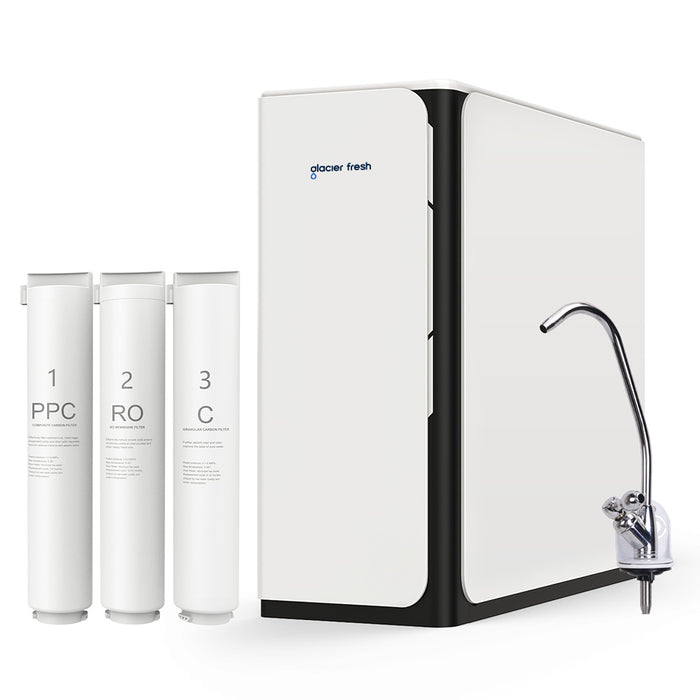In today's world, ensuring access to clean and safe drinking water is essential. One of the most effective methods for achieving this is through the RO system, or reverse osmosis system. This technology has gained popularity for its ability to purify water by removing contaminants and impurities. But how does it work, and what are its benefits? Let's explore.

What is an RO System?
The RO system is a water purification technology that utilizes a semi-permeable membrane to separate contaminants from water. This process involves applying pressure to push water through the membrane, allowing only clean water to pass while leaving behind dissolved solids, bacteria, and other impurities. The result is purified water that is safe for consumption.
How Does Reverse Osmosis Work?
Understanding the mechanics of an RO system can help demystify its effectiveness. The process typically involves several stages:
- Pre-filtration: Water first passes through pre-filters to remove larger particles and chlorine, which can damage the RO membrane.
- Reverse Osmosis: The water then enters the RO membrane chamber, where high pressure forces it through the membrane, filtering out contaminants.
- Post-filtration: After passing through the membrane, the water may go through additional filters to enhance taste and remove any remaining impurities.
- Storage: Finally, the purified water is stored in a tank until needed.
Benefits of Using an RO System
Investing in an RO system offers numerous advantages:
- Improved Water Quality: RO systems effectively remove up to 99% of contaminants, including lead, arsenic, and nitrates.
- Better Taste: By eliminating impurities, reverse osmosis enhances the taste of drinking water, making it more enjoyable.
- Cost-Effective: While the initial investment may seem high, the long-term savings on bottled water can be significant.
- Environmental Benefits: Using an RO system reduces reliance on plastic bottles, contributing to a healthier planet.
Is an RO System Right for You?
When considering whether to install an RO system, it is essential to evaluate your water quality and household needs. If your water supply contains high levels of contaminants, an ro system can provide peace of mind. Additionally, families with children or individuals with compromised immune systems may benefit significantly from the enhanced purification.
Conclusion
In summary, the RO system is a powerful tool for ensuring access to clean and safe drinking water. Its multi-stage filtration process effectively removes harmful contaminants, providing numerous health and environmental benefits. If you are interested in exploring options for reverse osmosis systems, consider visiting  for a selection of high-quality products.
for a selection of high-quality products.








